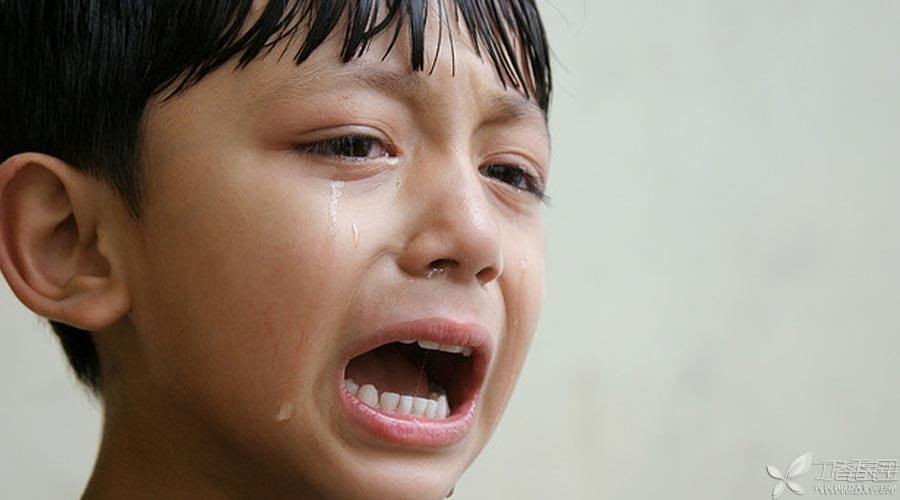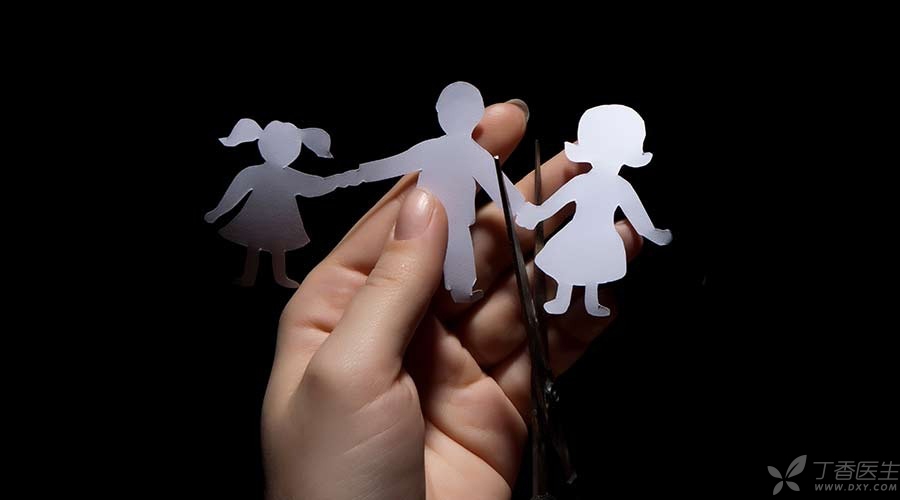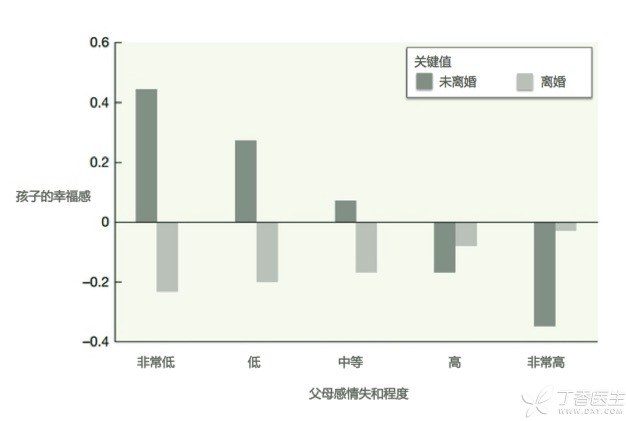
It is really common in Chinese families to make do with their children. There are many couples whose relationships have broken down, but they still force their faces to smile and maintain superficial peace. Once they turn their heads, they will fight for conflicts and even fight each other with fists and fists… What’s more, they will also blame their children for their unhappiness in life.
No feelings, why not divorce?
For the sake of children, what will most people say?
Parents should not be too selfish. Divorce is irresponsible to their children.
Even if you have no feelings, you should endure them until the child is at least 18 years old.
Is it really good for children to make do with marriage for their children?

How deep is the impact of parents’ divorce on children?
Even if the parents are not divorced, and the family is in financial difficulties or often moves and other long-term turmoil, or the long-term discord between the parents, the negative impact on the children’s future intimate relationship is not necessarily less than that brought by divorce.
Indeed, many surveys show that children from single-parent families may face more severe psychological troubles and even some behavioral problems.
However, such findings are unconvincing because the starting point of logic is simply wrong.
This is to compare [children whose parents are divorced] with [children whose parents are not divorced], not [children whose parents are divorced due to emotional discord] with [children whose parents are divorced but not divorced].
If minors whose parents are not divorced but often make conflicts are allowed to participate in this survey, they will still find that they are facing similar growth problems-which are caused by long-term conflicts between parents, not broken relationships.
The influence of parents’ contradiction and divorce on the child’s future marriage relationship cannot be solely based on [whether his/her parents are divorced or not].
In 1995, Amato, Loomis, & Booth completed a joint survey on this issue. The main content of the survey was that the degree of parents’ emotional discord and whether they were divorced did not affect them differently from what.
The survey found that the category that has the greatest negative impact on children’s happiness is not the parents’ final divorce, but the parents have not divorced although they have experienced long-term emotional discord and the contradictions are deepening day by day. Husband and wife are the heaviest shackles of each other, but the family has brought the worst impact to their children.
Compared with this situation, the degree of discord between parents is serious, but the quick divorce has not brought too negative an impact on their children.

Does the divorce of parents have a what effect on the marriage of children?
In McLod’s survey on the intimate relationship between children from single-parent families, it is not difficult to find that children from single-parent families are more cautious about marriage when they reach adulthood, but at the same time, they are more receptive to divorce.
A 1991 survey also found that people from single-parent families usually get married earlier, but this is probably not caused by psychological factors, but because starting a family as soon as possible helps them leave family of origin or improves their current family atmosphere.
Soon, another survey came up with conflicting data: People who have experienced the divorce of their parents, The cohabitation with the lover started earlier, However, the time spent in marriage is later than the average. The reason is that, However, they are not so willing to adopt the form of marriage when they need to be involved in intimate relationships. Among those who are already married, even if they experience the same negative feelings, are constrained by the same contradictions, and have witnessed their parents’ divorce choose the final means to solve the problem, they will be more inclined to divorce once and for all.
In a 1999 survey, conflicts between parents often evolve into conflicts that children have to face in intimate relationships. The impact of parents’ divorce on childhood cannot be ignored.
When entering the stage of establishing stable and intimate relationships from early childhood, experiencing childhood and puberty, some influences and changes left by childhood may suddenly erupt and release in an emotion.

It is difficult to rely on other resources to make up for the impact of parents’ divorce on their children, nor can it fill the psychological hole of children by doubling their material needs after divorce.
However, whether the parents are divorced or not, the intimate relationship between the parents will directly affect the children’s intimate relationship in the future.
You fight with your partner all day long, which brings much more negative effects to your children than you divorce your partner happily.
